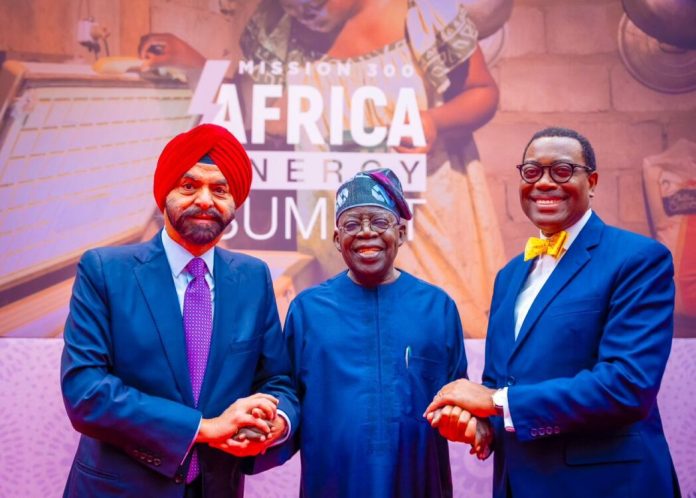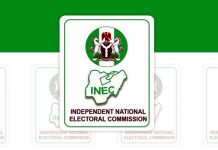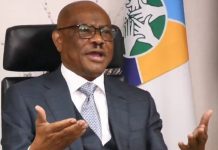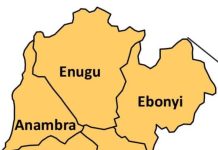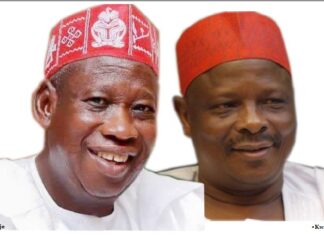Nigeria is positioning itself as a leader in Africa’s energy transition, with a bold target to provide electricity to 300 million people across the continent by 2030. This was revealed by the Speaker of the House of Representatives, Rt Hon. Abbas Tajudeen, during the opening of the First Legislative Conference and Expo on Renewable Energy in Lagos.
The Speaker emphasized Nigeria’s active involvement in the Mission 300 Initiative, a partnership with the World Bank and the African Development Bank (AfDB). The initiative aims to tackle the continent’s electricity deficit, showcasing Nigeria’s leadership in advancing access to clean and affordable energy across Africa.
Abbas also commended President Bola Tinubu for approving a $1 billion financing package for the Rural Electrification Agency (REA) in December 2024. The funding will support the expansion of solar energy, with plans to deploy 124 mini-grids and 25,000 solar home systems, benefiting over 200,000 Nigerians in underserved areas.
At the conference, Abbas reiterated Nigeria’s commitment to a clean energy transition, citing key legislative reforms. The 10th House of Representatives recently established a Standing Committee on Renewable Energy to coordinate national efforts to improve access to clean power. He also highlighted the passage of tax reforms that eliminate VAT on renewable energy components and Compressed Natural Gas (CNG) technologies to encourage investment in the green energy sector.
Abbas stressed that energy reform is central to Nigeria’s national priorities and emphasized the need for continued investment, legislative action, and collaboration with the private sector to achieve long-term energy goals. He noted that the global energy market is rapidly shifting toward renewable sources, with more than 92% of new power generation capacity in 2024 coming from clean energy.
Nigeria’s Energy Transition Plan, which targets achieving net-zero emissions by 2060, is set to play a vital role in the country’s environmental sustainability and economic competitiveness. The Speaker also praised the government’s recent Electricity Act of 2023, which empowers sub-national governments and encourages private-sector participation in local energy solutions.
The event also featured speeches from African parliamentarians, including Ghana’s Speaker of Parliament, Hon. Alban Sumana Kingsford Bagbin, who highlighted the importance of strong legal frameworks in accelerating Africa’s energy transition. UNDP Resident Representative, Ms. Elsie Atafuah, called on Nigeria to continue leading the way in securing a sustainable energy future for both the country and the continent.
With these collective efforts, Nigeria is poised to be a driving force in Africa’s energy transformation, supporting the provision of affordable, clean energy across the continent by 2030.

